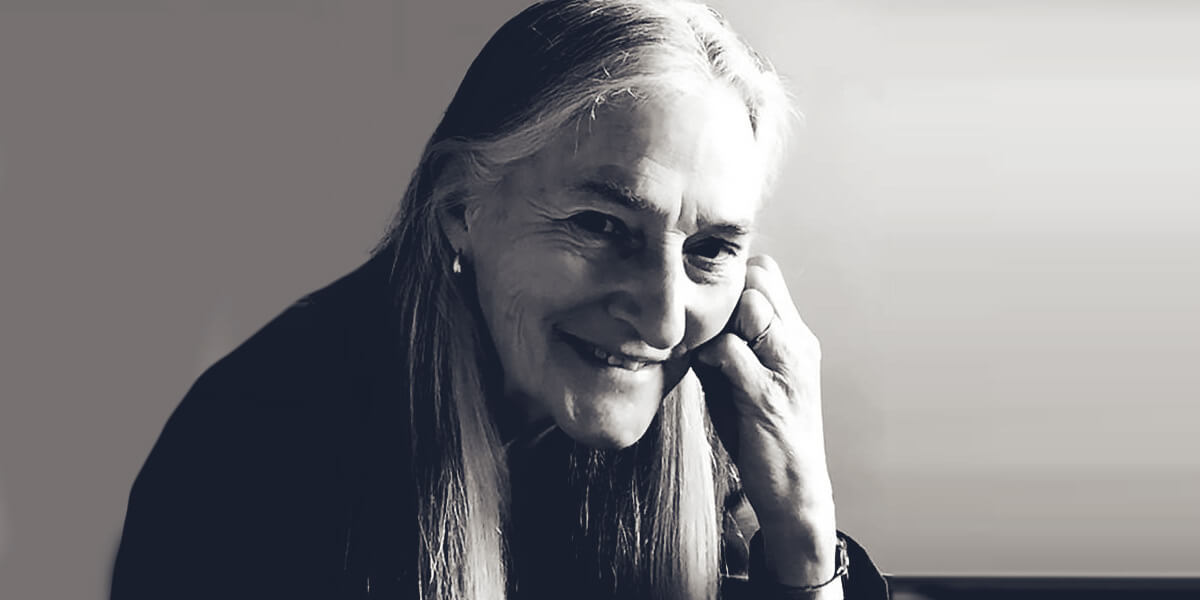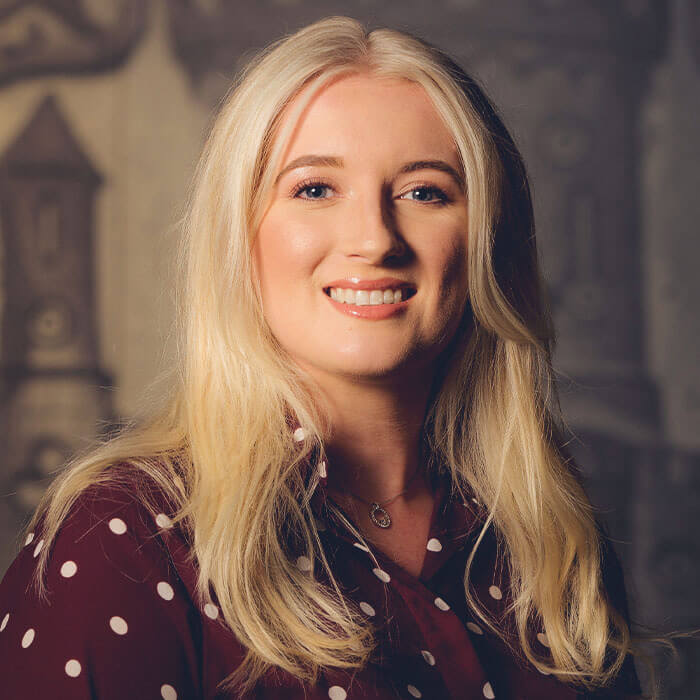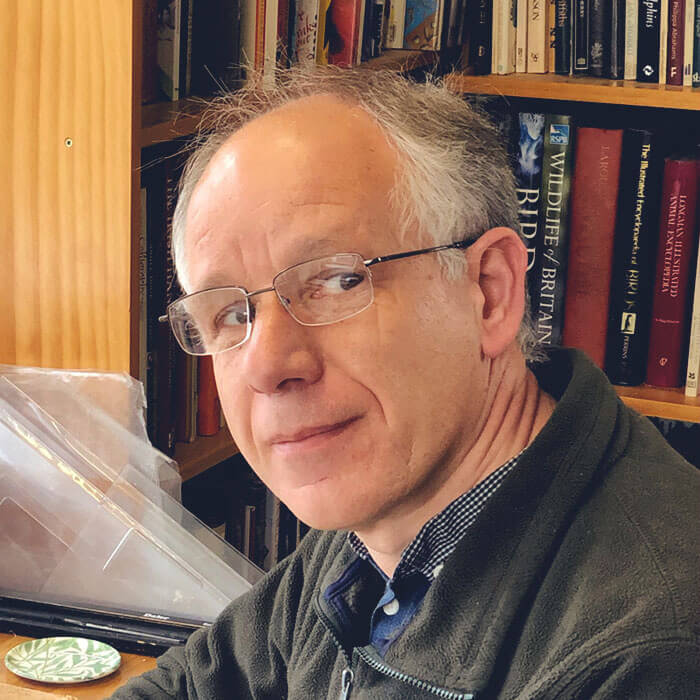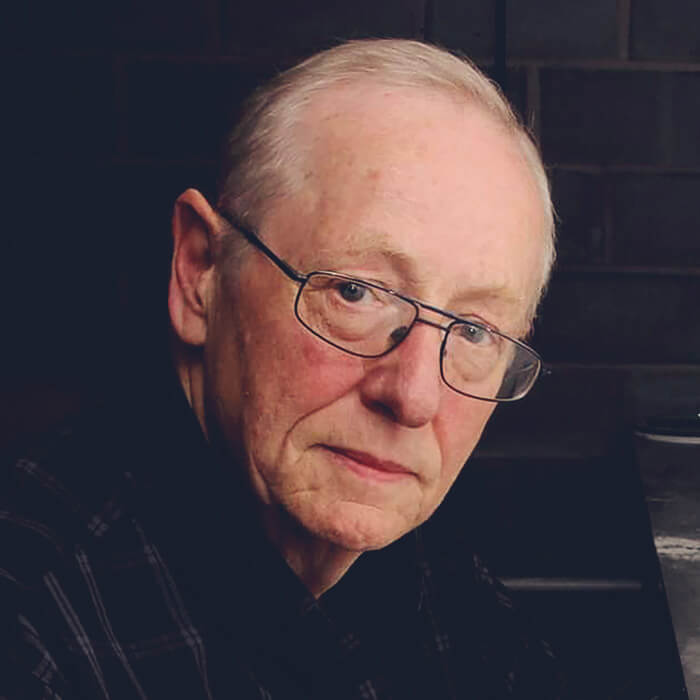Meet the Maker: Edwina Ellis
The tradition of producing coronation medals has been in place for centuries. Historically, gold, silver and bronze medals have been struck to commemorate the coronation of a monarch’s coronation, which are then given to members of the Royal Family as well as selected members of the household, members of state and public servants.
To commemorate the coronation of His Majesty King Charles III, we have struck a coronation medal that is exclusively available to purchase from The Royal Mint Experience. Edwina Ellis, who has designed several coins for The Royal Mint over the years, including a set of four Bridge £1 coins, created the winning design for the medal.
We spoke to Edwina Ellis about her work for this coronation medal.

After receiving the submission invite, what were you most looking forward to about this project?
“I was most looking forward to going to Westminster Abbey to do some research before I started my design.”
How did it feel when you found out that your design had been chosen to feature on the coronation medal?
“It’s always a nice surprise to be chosen, even when you are hoping for it.”
Do you have any personal connections to the subject matter?
“I think a good part of the United Kingdom and the Commonwealth feel connected to the monarchy, as it did not change for most of their lifetimes. Although any connections felt towards royalty are one-sided for most of us, perhaps they are real enough? I’m older than King Charles III and, just like him, I am still working. I remember when the last king died, my mother explained to me why the Australian Broadcasting Corporation were playing solemn music all day. I feel quite connected to this subject matter!”
How did you approach the initial design concept?
“I tried to think of as many different aspects of the coronation as I could, but I kept coming back to the royal regalia. It bristles with symbolism, history and meaning, and St Edward’s Crown is its centrepiece.”
Did you undertake any research for the theme?
“I started with a visit to Westminster Abbey, photographing and drawing for inspiration. I then pored over books on the regalia. Looking back at the last coronation ceremony of Queen Elizabeth II in film, stills and the order of service was revelatory, too. But anything, however moot, must be graphic, fit the space, and tell a story – or it’s out.”
Could you talk us through any iterations that led you to the final design?
“I found the St Edward’s Crown to be the most compelling object to represent the coronation of King Charles III. It is only ever used for the actual act of the coronation and is never touched by anyone who isn’t the reigning monarch, the Archbishop of Canterbury or the Crown Jeweller.”
“Discovering that Westminster Abbey also bristles with symbolism, history and meaning, and its façade offset the crown’s symmetry was a tricky part of the design to get right. The fan vaulted interior, the choir screen and the coronation chair all fell by the wayside through the process, so that the St Edward’s Crown could be the focus of the final design.”
Were there any challenges you faced in creating the design?
“The main challenge was getting the St Edward’s Crown to work just right with the setting. Fitting and juxtaposing the crown and the location of Westminster Abbey was a long journey that I hope is hidden. A good finished design has to look a little spontaneous: nobody needs to know how long I wrestled with specific details!”
What was your journey to becoming a designer?
“I studied at the National Art School in Sydney many years ago, and I became a jewellery designer first and then a printmaker, mainly using wood engravings. More recently, I added research into colour relief printing with an MA and PhD from Aberystwyth University.”
Which artists inspire you?
“It changes a lot, but I now admire my artist peers who keep at it, keep drawing, like Julia Midgley. I’d love to draw like Paul Klee, not for lack of trying, and both Eric Ravilious and Henri Seurat remain as inspirations.”
Is there a coin that you would love to design in the future?
“Any coin! I love designing coins. There’s a freedom to designing within a shape that has rounded or no corners. A new brief generally takes me on an exploration I would never otherwise have contemplated and the research is a big part of the process: a lot of peripheral satisfaction lies there.”
“It’s a privilege to work with designers from The Royal Mint and to be a part of the team, too. I would love to design a coin with a hole in it, but perhaps it’s just as nice to handle them in Japan or Norway. I keep suggesting it, though – you never know.”



